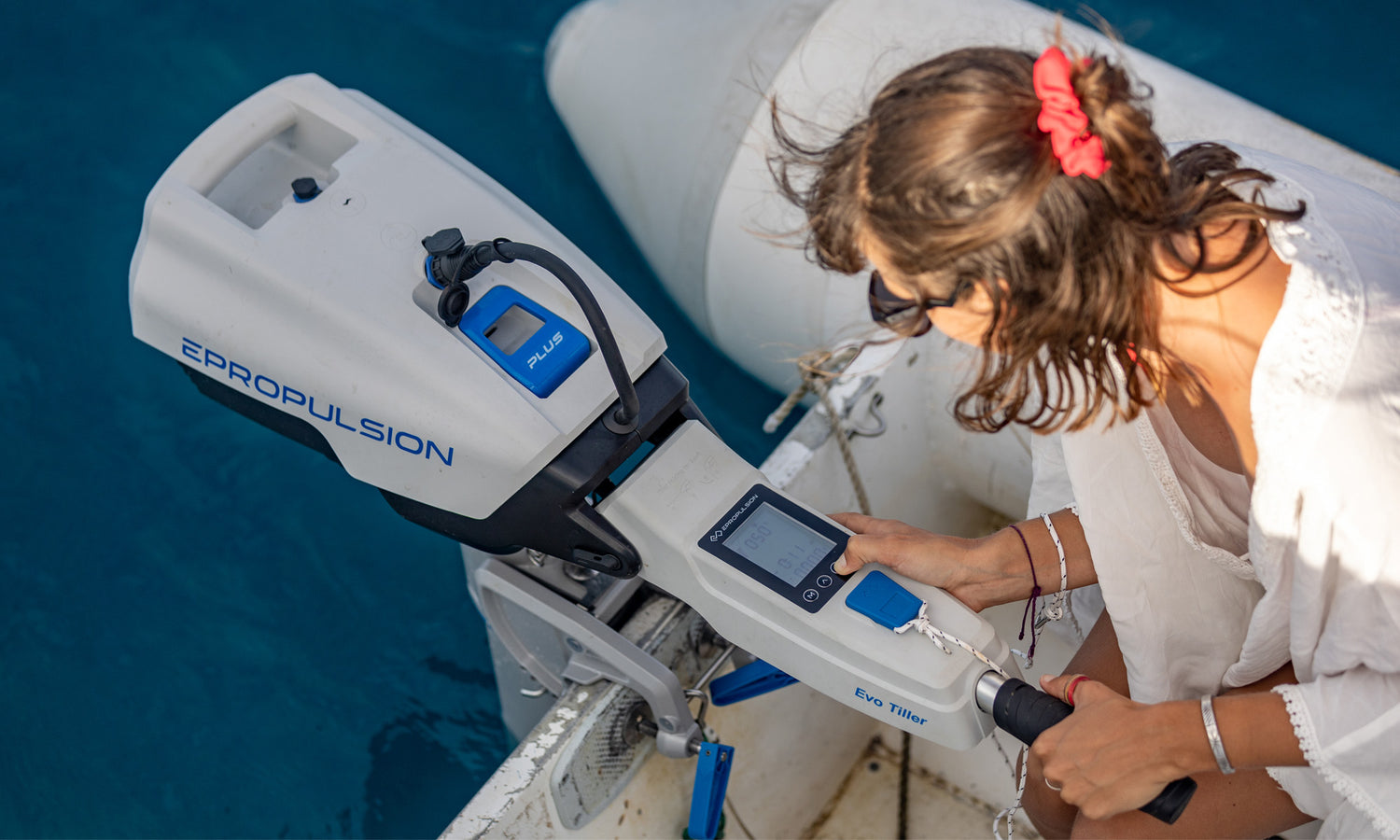What is 'equivalent horsepower' and how do electric motors compare?

For those new to electric outboard motors, it can be puzzling to see their power rated in kilowatts with an 'equivalent horsepower' rating. For example, the Spirit 1.0 Plus is a 1kW electric outboard, which is said to be equivalent to a 3hp combustion engine.
So, why don’t electric outboards use horsepower as their sole measurement, as traditional outboards have for decades? Both horsepower and kilowatts measure power output. For an electric outboard rated at 6kW, this represents its maximum power output at full throttle. Similarly, an internal combustion outboard rated at 9.9hp indicates its maximum power output at full throttle.
To simplify the comparison: 1 kilowatt equals approximately 1.34 horsepower, and conversely, 0.75 kilowatts is roughly equivalent to 1 horsepower. This means a 1-kilowatt motor, theoretically, should be about 1.34 horsepower, not 3.
Manufacturers like ePropulsion use the term 'equivalent propulsive power' to describe the performance of their electric outboards. This term has been used in commercial shipping for nearly a century to account for the actual performance delivered by the boat’s motor, factoring in drive losses.
In simpler terms, traditional combustion outboards measure shaft power, while electric outboards measure the propulsive power, which is the power that actually moves the boat through the water.
When petrol or diesel engines run, they convert most of the energy into heat, with only about 5-15% used for propulsion. Thus, a combustion outboard rated at 6 horsepower often delivers only around 1.6 horsepower of effective propulsive power.
In contrast, electric motors are more efficient: the 'shaft' of an electric motor is essentially just the wires connecting the battery to the motor, which runs directly with the propeller.
Electric motors also provide high torque at all speeds, allowing them to drive large, efficient propellers without the risk of stalling. Combustion engines, on the other hand, only reach peak horsepower at specific RPMs.
In conclusion, if you're familiar with petrol outboards, focus on the 'equivalent horsepower' rating when assessing the performance of an electric outboard motor. Remember, electric motors not only provide a quieter, cleaner experience but also require minimal maintenance year after year.





